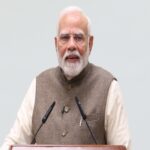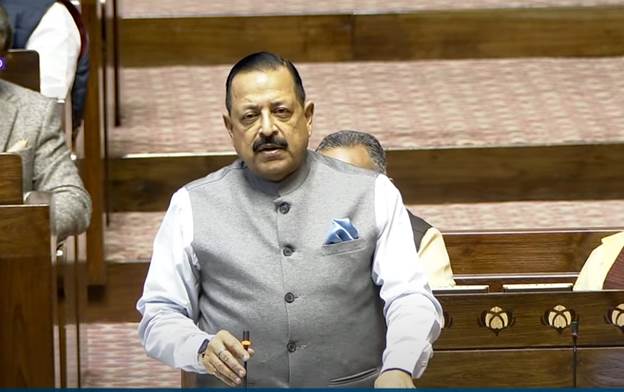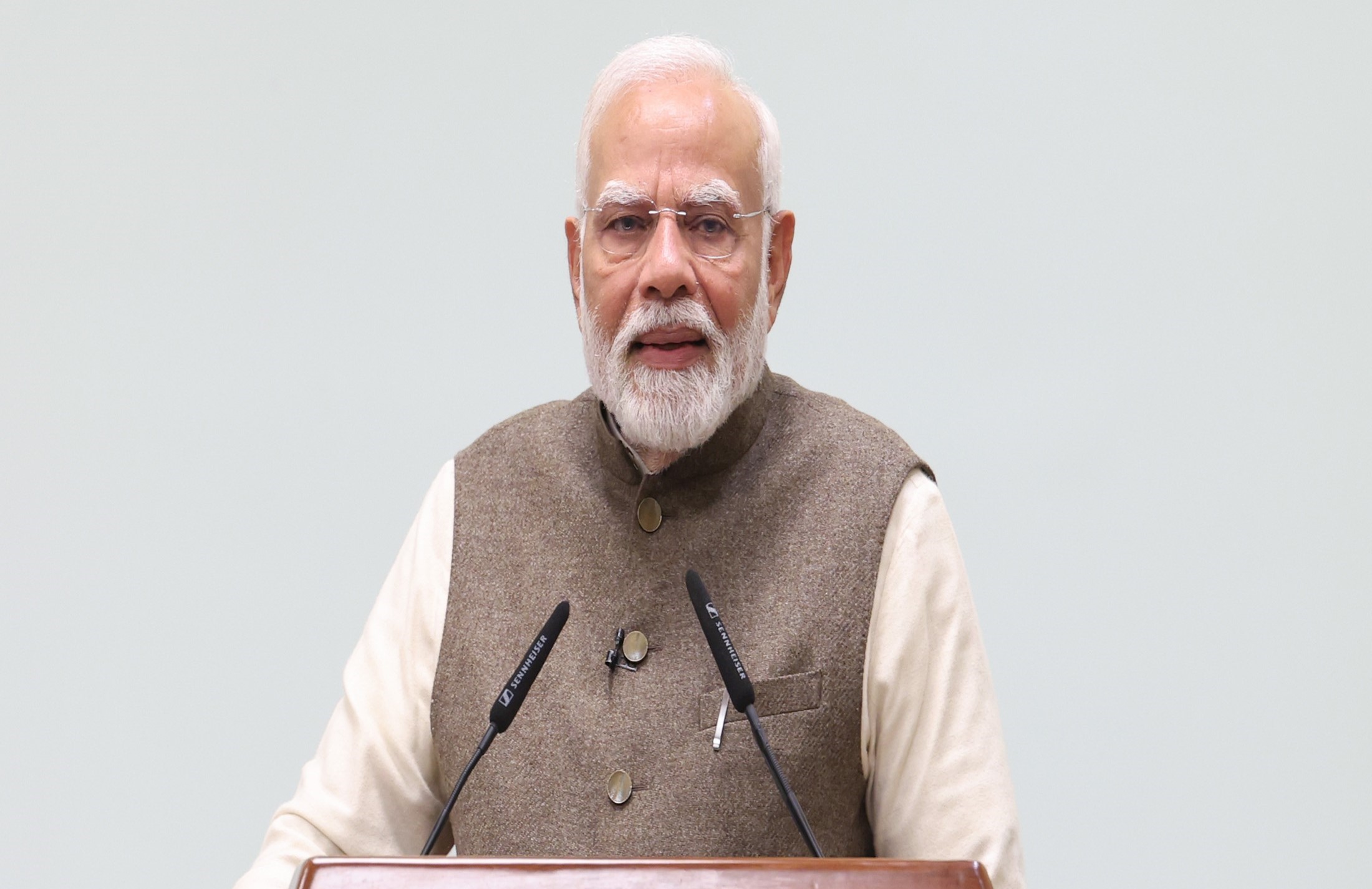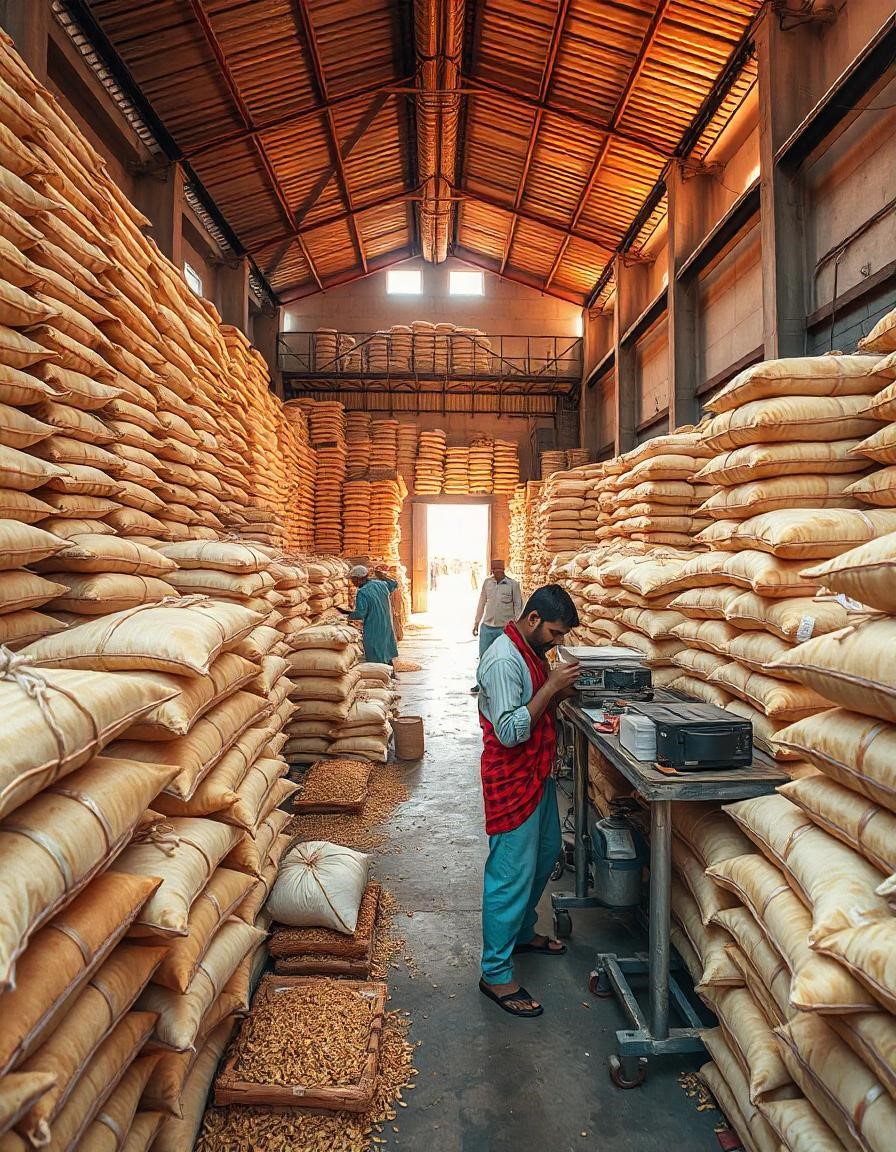North News
New Delhi, December 5
India’s nuclear power plants are among the safest in the world, according to Dr. Jitendra Singh, Union Minister of State for Science and Technology, Earth Sciences, and the Department of Atomic Energy. Addressing the Rajya Sabha on Wednesday, Dr. Singh assured the nation that stringent safety protocols and international oversight ensure the security and sustainability of India’s nuclear energy program.
“In the Department of Atomic Energy, we follow the principle of ‘safety first, production next,’” Dr. Singh emphasized. The minister highlighted comprehensive safety checks, including quarterly inspections during construction, semi-annual reviews once plants are operational, and a mandatory five-year license renewal process.
International agencies, including the World Association of Nuclear Operators (WANO), regularly assess India’s facilities to reinforce safety standards. Dr. Singh pointed to substantial reductions in radiation emissions at key plants such as Kudankulam and Kalpakkam, where levels have decreased significantly over the years.
“Globally, the critical benchmark for radiation emissions is 1,000 microsieverts. Indian plants consistently operate well below this threshold,” he explained.
India’s nuclear facilities are also strategically located to withstand natural disasters. Plants on the eastern coast are situated 1,300 kilometers away from tsunami-prone zones, while western facilities like Tarapur are positioned 900 kilometers from Pakistan’s tsunami risk zone.
Dr. Singh also noted milestones in India’s nuclear achievements, including the 962-day continuous operation record at the Kaiga Generating Station and the 50-year success of the Tarapur plant. India’s first indigenous Pressurized Heavy Water Reactor (PHWR) at Kakrapar and the fully functional Kudankulam plant underscore the country’s growing self-reliance in nuclear technology.
Nuclear technology in India extends beyond power generation, aiding advancements in agriculture, healthcare, food preservation, and security. Dr. Singh also addressed the Civil Liability for Nuclear Damage Act, assuring that the current framework protects public interests while encouraging investments.
“India is now setting benchmarks that others aspire to achieve,” he concluded, highlighting the country’s leadership in nuclear energy and its role in global climate goals.
















